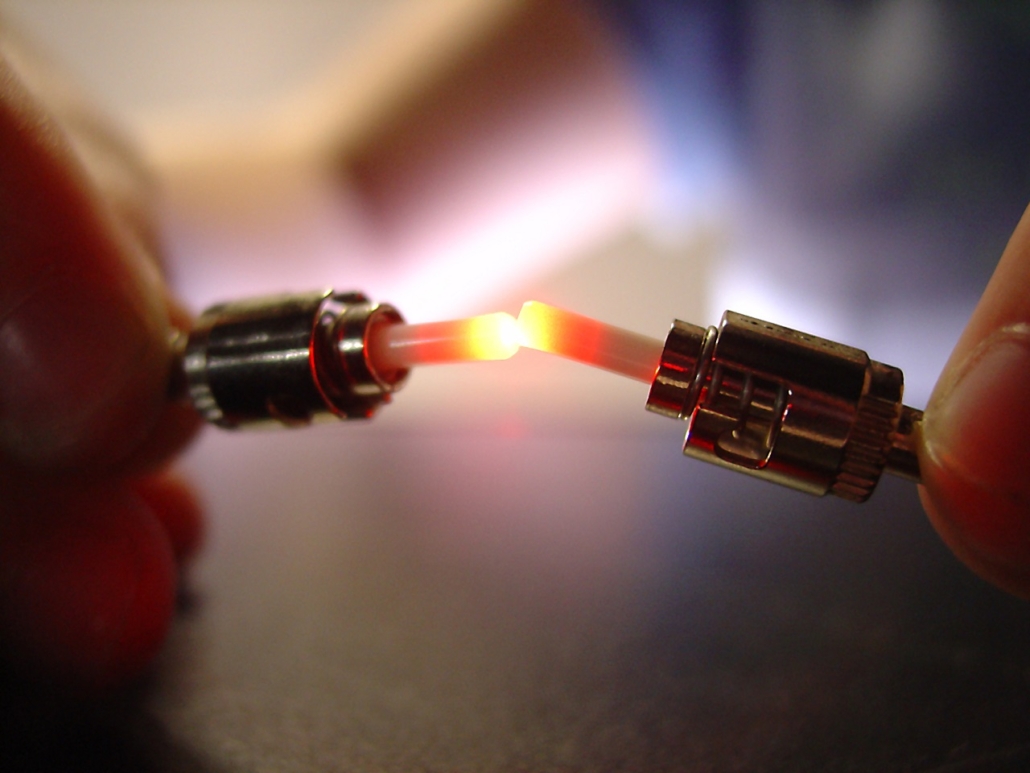VETERANS CORNER: Don’t think you qualify for VA benefits? Check again
 by Gary Kennedy
by Gary Kennedy
I become more and more surprised at how many Veterans in their 80’ and 90s who believe they aren’t qualified to use the V.A. system. I have hooked up with two such vets recently and many over time. The two veterans that I refer to were convinced by the system more than 50 years ago that they were not qualified for V.A. benefits. One I have worked with for a few months and not only was able to get him into the system but he is now in receipt of 90 percent disability. I am sure that will be a hundred soon. The other veteran I am just beginning with. However, I am sure he will do OK as well. When I am referred to veterans such as these I am heartbroken. Think of all the time they gave and when they gave it. They have gone all their lives struggling to get by and all the time this wasn’t necessary.
First contact with the V.A. system is where this life affecting belief has its origin. This is/has been mostly because of lack of training of the employees, “especially those of first contact”. This in my opinion is the first most important person a veteran will make contact with. This could be a front desk clerk to a Veteran Service Officer (VSO). They should not be addressing veteran issues they are not familiar with. This can and does affect the remainder of this veteran’s life. If he or she relies upon what they have been told at this point, then people like me will end up assisting a veteran in need 50 years later. That is sad as there is no way to get that time back, even if I am successful. The veteran may receive medical aid and even lots of money, but what is the quality of life at this point. It only takes a five minute conversation to effectively destroy one of America’s finest. I have seen, many heart breakers.
So, all that being said what do we do? A vet has a couple of choices. 1) He or she can visit a service officer; there are Veterans of Foreign Wars (V.F.W.), Disabled American Veterans (D.A.V.), American Legion (A.L.) and other state and federal government agencies dealing with specialty disabilities located at Togus. Also, you can visit my personal favorite, V.B.A. which has career trained specialists who can help with any situation. In my opinion they are the best of the best. I don’t say this to demean the other service organizations but they are career Veterans Service Officers (V.S.O’s) who are forever in training to keep up with all the current legislation which they impart to the other service agencies. They are infact the in-house advocates for all veterans and programs. For the first four that I mentioned you would dial 623-8411 and when you get the computer generated person, push “0” and you will get a live person. When you do, just ask to be connected to whichever agency you are interested in. For V.B.A.’s direct line, you will dial 207-621-6938, state your purpose here and you will be directed accordingly. If you are a walk-in the outside door continues to remain locked. You will need to take the long walk.
By following this instruction you will receive all the information and help you seek and someone like me will not be waiting to correct the path you have been mislead to follow. You were here for your country so your country should always be here for you.
In closing I should mention a couple of things. The first is it appears that construction may have begun in earnest as Williams Construction Co. seems to have some iron workers laying rerod for columns and footings for the Community Living Center. Perhaps they will be pouring concrete for the new building soon. We are all anxiously awaiting.
The other issue I get asked about a lot is; can any veteran gain access to dental care? The answer is no; you need to be a 100 percent disabled veteran for access to this benefit, or you need to have a service connected disability. Currently 92 percent of veterans are not eligible for dental care. However, like everything at V.A. there are exceptions to most rules. So, that being said, call and ask if you might be on exception. I wish I could say all vets are eligible as Dr. Jeff Walawender and crew are second to none when it comes to knowledge and care of our vets at V.A. It’s a friendly professional atmosphere staffed by the crafts finest. Dr. Walawender, DDS, graduated from University at Buffalo, New York, and completed his residency at the Togus VA. After years of experience he has become the Dental Chief of Staff. He also sits on several boards, community dental and also North East Delta Dental. We are/fortunate to have such talent at Togus.
See you next time. Stay safe, God bless and have a great summer.


 COMMUNITY COMMENTARY
COMMUNITY COMMENTARY by Katrina Smith
by Katrina Smith COMMUNITY COMMENTARY
COMMUNITY COMMENTARY COMMUNITY COMMENTARY
COMMUNITY COMMENTARY COMMUNITY COMMENTARY
COMMUNITY COMMENTARY
 by John D. Koons
by John D. Koons